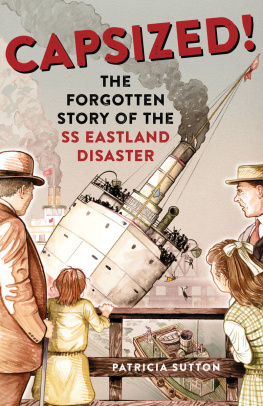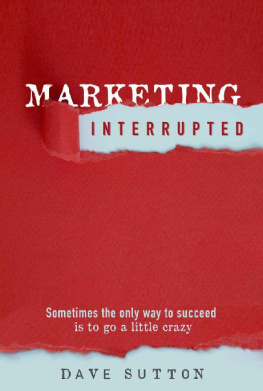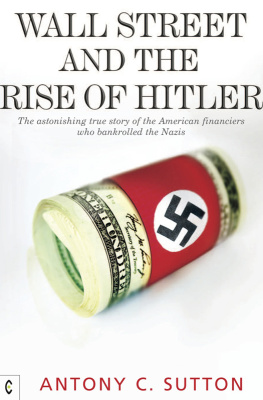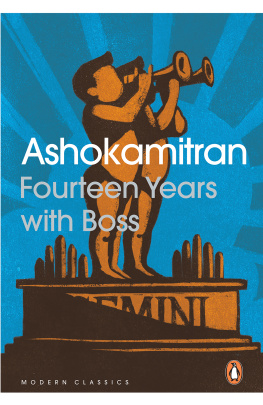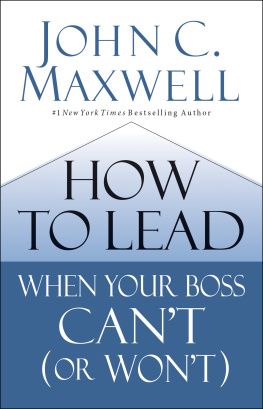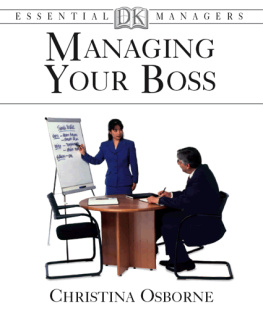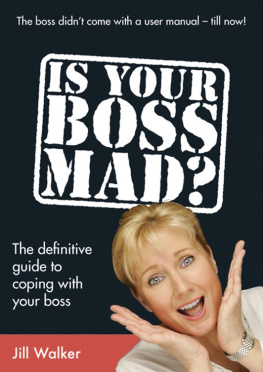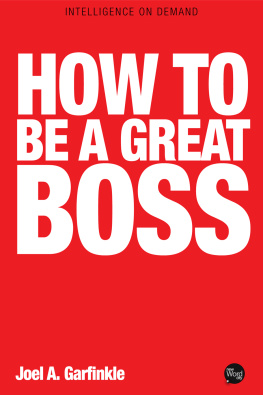Sutton - Good Boss, Bad Boss
Here you can read online Sutton - Good Boss, Bad Boss full text of the book (entire story) in english for free. Download pdf and epub, get meaning, cover and reviews about this ebook. year: 2010, publisher: Business Plus, genre: Politics. Description of the work, (preface) as well as reviews are available. Best literature library LitArk.com created for fans of good reading and offers a wide selection of genres:
Romance novel
Science fiction
Adventure
Detective
Science
History
Home and family
Prose
Art
Politics
Computer
Non-fiction
Religion
Business
Children
Humor
Choose a favorite category and find really read worthwhile books. Enjoy immersion in the world of imagination, feel the emotions of the characters or learn something new for yourself, make an fascinating discovery.

Good Boss, Bad Boss: summary, description and annotation
We offer to read an annotation, description, summary or preface (depends on what the author of the book "Good Boss, Bad Boss" wrote himself). If you haven't found the necessary information about the book — write in the comments, we will try to find it.
Good Boss, Bad Boss — read online for free the complete book (whole text) full work
Below is the text of the book, divided by pages. System saving the place of the last page read, allows you to conveniently read the book "Good Boss, Bad Boss" online for free, without having to search again every time where you left off. Put a bookmark, and you can go to the page where you finished reading at any time.
Font size:
Interval:
Bookmark:
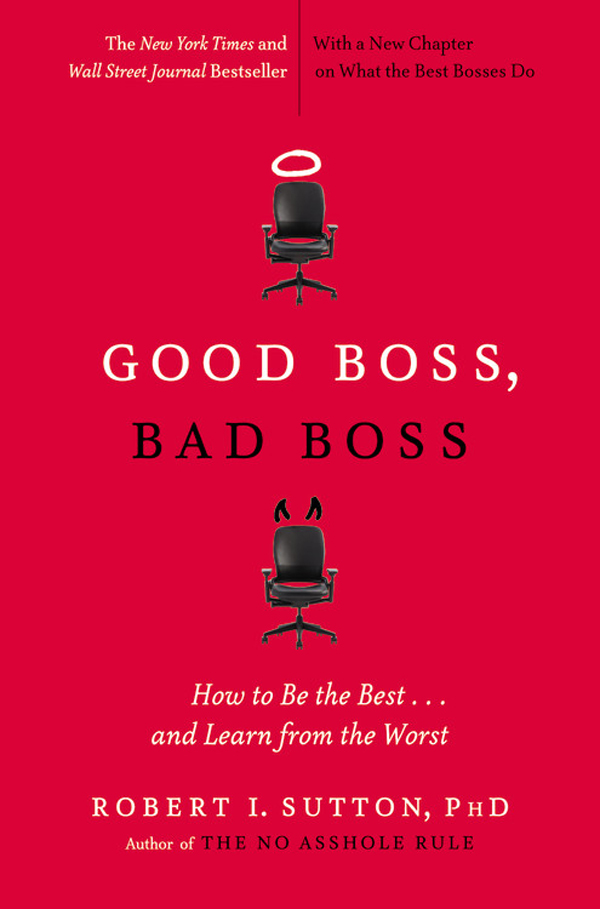
- If you want to be a Good Boss, what do you need to accomplish day after day?
- If you have a Bad Boss, what can you do about it?
- In short, what are the hallmarks of a Good Boss and worst flaws of a Bad Boss?
Dr. Robert Sutton wrote GOOD BOSS, BAD BOSS to answer these questions, inspired by the thousands of e-mails, articles, blog posts, and conversations provoked by his bestseller The No Asshole Rule. Dr. Sutton now applies his commonsense approach to show how the great bosses in our world differ from those who are just so-so, or, worse yet, downright inept.
If you are the boss, are you a good one? How can you keep honing your skillsand stir your people to give their all and be proud to work for you? Are you in tune with how your words and deeds (and those little looks on your face) affect your followers? What do they really think of youare you aware of how they see you, or do you live in a fools paradise? If they had a choice, would they continue to work for you? Weaving together real-life case studies and pertinent behavioral science research, Sutton delivers a precise and sometimes startling account of what the best bosses do.
delivers a definitive manifesto for anyone who has ever been elevated to a position of authorityand a blueprint of salvation for those whose bosses just dont seem to get it.
To Marina, for every sweet little thing
M y last book, The No Asshole Rule, is about the damage done by workplace jerks, what it takes to survive a nasty workplace, and how organizations can screen out, reform, and expel these demeaning and destructive creeps. I was overwhelmed by the sheer volume of reactions to the book, and more so by the pain, fear, and desperate cries for help (and success stories, too) that I heard and responded to day after day. As a colleague put it, Bob, you have become the asshole guyits a job that takes a lot of time and emotional energy. I was inundated with asshole stories from all over the world. Thousands of personal stories, survival tips, and new studies poured in via e-mail and comments on my blog, calls from complete strangers, and nearly every work-related conversation that I hadregardless of the advertised topic of a meeting, class, or speech. There was no escaping it outside of work either. People told me asshole stories everyplace I went: cocktail parties, family gatherings, soccer games, weddings, a bat mitzvah, a funeral, and even a parent-teacher conference.
The deluge has slowed but not stopped. Consider a recent week. I received and answered nineteen asshole e-mails, including those from a police sergeant in New York, a Starbucks barista in Chicago, an accountant from Italy, and an HR manager from Wisconsin who struggled to implement the no asshole rule in a small company (her old boss loved it, but her new boss is a screamer and thinks it is a dumb idea). about the asshole-management methods used by people who work with Academy Awardwinning producer Scott Rudinwho is infamous for his tirades, tantrums, and burning through as many as fifty assistants a year. One tip for dealing with Rudin was He hates when you look at him; avoid it or you are asking for it. This advice was offered in concert with a (possibly mythical but often-repeated) story that Rudin had dumped an assistant on the side of a Los Angeles freeway as punishment for glancing at him in the rearview mirror too many times. That same week, I spent most of a ninety-minute interview with a Japanese journalist listening to bitter complaints about his temperamental, unfair, and incompetent boss back in Tokyo.
This deluge revealed new twists about how assholes do their dirty work and how to battle back against these creeps. Adamant and enthusiastic readers bombarded me with topics they wanted covered in a sequel to The No Asshole Rule. An Australian consultant asked for tips about dealing with asshole clients. A New Jersey schoolteacher , Bob, will I be seeing The Asshole Shits Again soon?
These pressures and temptations provoked me to start working on a sequel. But a funny thing happened along the way. As I thought about all those stories and conversations, and read pertinent research, I realized the asshole problem wasnt an isolated concern for most employees and in most workplaces. It was intertwined with feelings, opinions, and aspirations that swirled around a central figure: THE BOSS. I realized that the best bosses did far more than enforce the no asshole rule. They took diverse and intertwined steps to create effective and humane workplaces. And the worst bosses werent just guilty of letting assholes rule the roost. Their incompetence reared its ugly head in a host of other ways.
Bosses were the central figures in most stories I heard about the creeps who damaged employees performance and self-worth. Consider the salesman whose e-mail was titled, Had leukemia, bullied by a bad manager. When chemotherapy began draining his energy, his wicked boss doubled his sales quota and called each day to berate him for being a wimp and a fuckup. Or the legal secretary who was treated as if she were invisible by the attorneys she served. These pompous and self-absorbed jerks never greeted her when passing by and often held long and loud conversations right in front of her deskwithout stopping for a moment to acknowledge her existence. Or the obstetrician who was belittled so brutally by senior physicians during her training that it undermined her confidence during difficult deliveries throughout her career.
is confirmed by careful studies. A 2007 Zogby survey of nearly eight thousand American adults found that, of those abused by workplace bullies (37% of respondents), 72% were bullied by superiors. Stories about the damage done by bully bosses are bolstered by systematic research. University of Florida researchers found that employees with abusive bosses were more likely than others to slow down or make errors on purpose (30% vs. 6%), hide from their bosses (27% vs. 4%), not put in maximum effort (33% vs. 9%), and take sick time when they werent sick (29% vs. 4%). Abused employees were three times less likely to make suggestions or go out of their way to fix workplace problems. Abusive superiors also drive out employees: over 20 million Americans have left jobs to flee from workplace bullies, most of whom were bosses.
Yet when people look for (or dream of) a great boss, they want more than someone who just isnt a certified asshole. They want a civilized boss who does many things well. Take the young professor who told me about her escape from a nasty and sexist department chairman. She landed a job with a new chair who was not just a delightful human being; he was renowned for getting resources for faculty and protecting them from petty and time-consuming political battles.
The No Asshole Rule touched a nerve in bosses (and would-be bosses) because treating people with dignity is something that skilled bosses dobut not the only thing. I think of the high school principal from Illinois who worked to get her teachers to stop trying to destroy each other because you will be better for it and so will our students. Changing the emotional tone of the place was part of a five-point plan she was implementing to turn around a troubled school.
I think of the chief surgeon who treats nurses and residents with respect because, during his own surgical residency, he vowed not to become a demeaning and self-absorbed creep like the surgeons who trained him. He emphasized that respect was important for reducing medical mistakes because nurses and residents need to feel safeeven obligatedto point out errors made by him and other senior physicians without fear of retribution. As another physician explained, just because you arent an asshole doesnt mean that a nurse will feel comfortable pointing out that you screwed up. The best bosses dont see the no asshole rule as an isolated path to excellence. They see it as part of a bigger tool kit.
Font size:
Interval:
Bookmark:
Similar books «Good Boss, Bad Boss»
Look at similar books to Good Boss, Bad Boss. We have selected literature similar in name and meaning in the hope of providing readers with more options to find new, interesting, not yet read works.
Discussion, reviews of the book Good Boss, Bad Boss and just readers' own opinions. Leave your comments, write what you think about the work, its meaning or the main characters. Specify what exactly you liked and what you didn't like, and why you think so.



